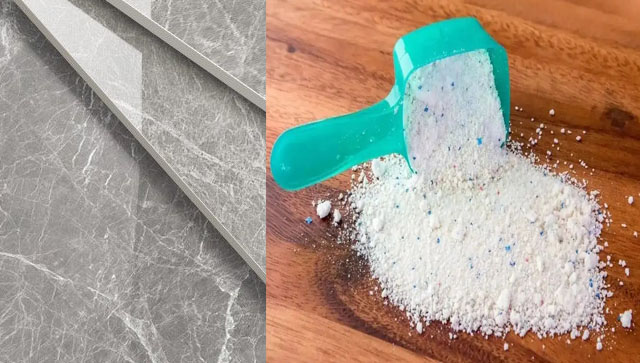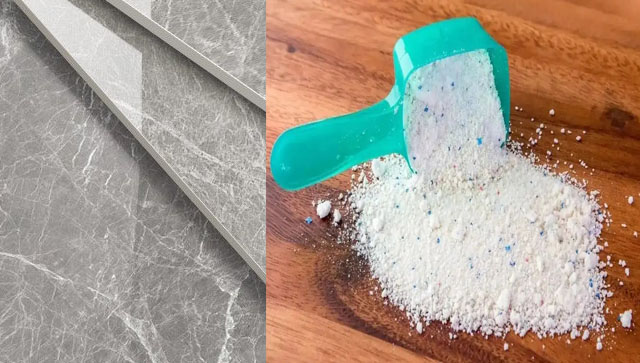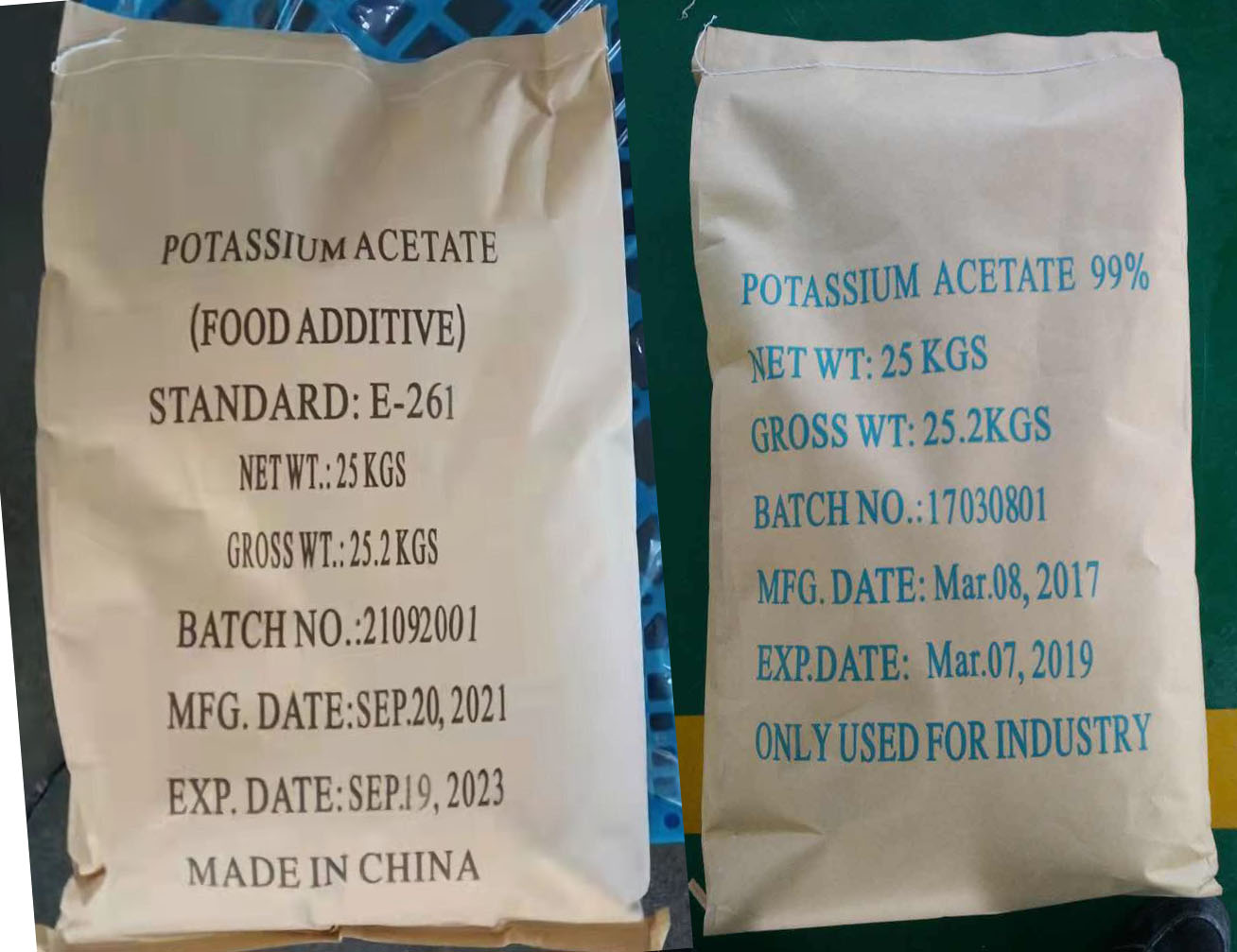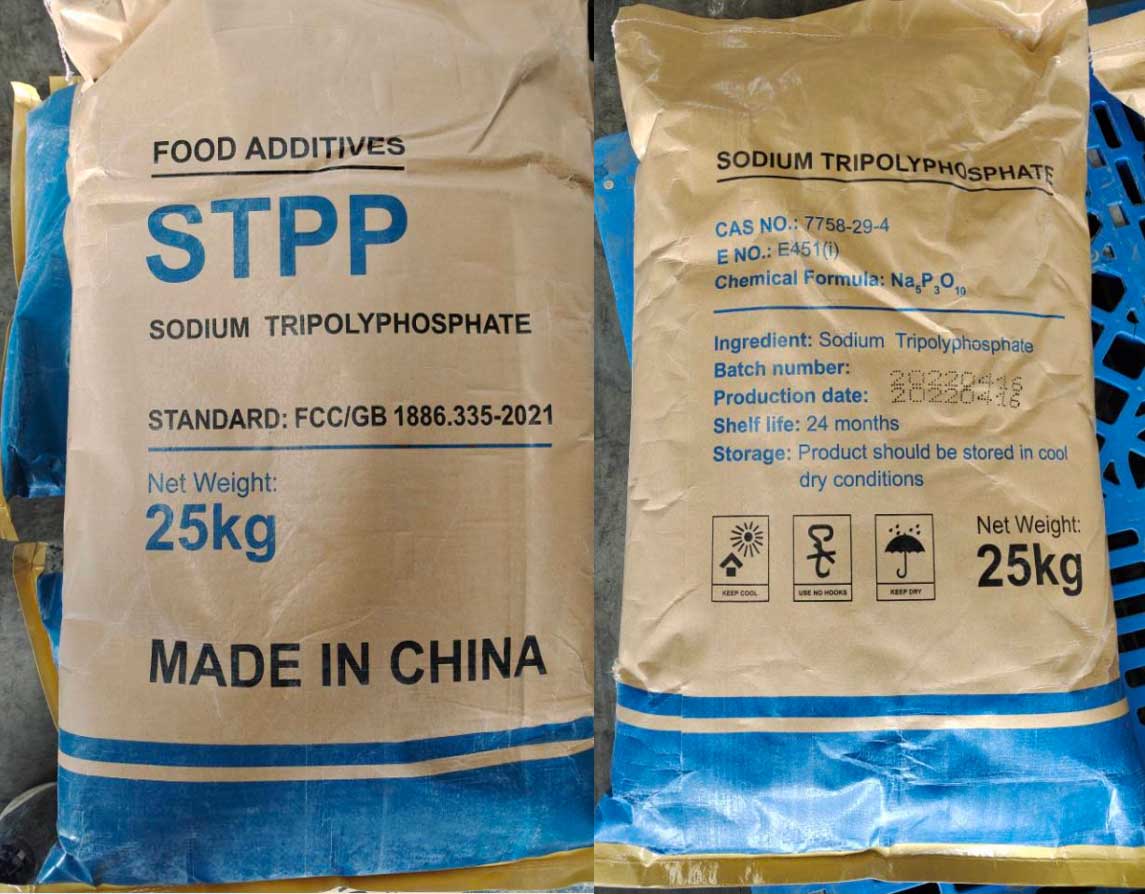Introduction
Sodium tripolyphosphate (STPP), also known as pentasodium triphosphate, is a widely used chemical compound in various industrial applications. Its versatility stems from its unique properties, including its ability to sequester metal ions, act as a dispersant, and enhance the performance of other chemicals. This article explores the critical roles of STPP in the production of ceramic tiles and detergent powders, highlighting its significance in these industries.
Sodium Tripolyphosphate in Ceramic Tile Production
Ceramic tiles are a popular choice for both residential and commercial construction due to their durability, aesthetic appeal, and ease of maintenance. The manufacturing process of ceramic tiles involves several stages, including the preparation of raw materials, shaping, drying, and firing. STPP plays a crucial role in this process, particularly in the glazing and body formulation stages.
In the glazing stage, STPP is used as a deflocculant. Deflocculation is the process of reducing the viscosity of a suspension, which is essential for achieving a uniform and smooth glaze. By adding STPP to the glaze mixture, manufacturers can ensure that the glaze particles remain dispersed, preventing the formation of lumps and ensuring a consistent application. This results in a more even and attractive finish on the final product.
Moreover, STPP can be used in the body formulation of ceramic tiles. The body of the tile is the main structural component, and it must be free of impurities and have a consistent composition. STPP helps in removing impurities by sequestering metal ions, such as calcium and magnesium, which can cause defects in the final product. This improves the overall quality and strength of the ceramic tiles.
Sodium Tripolyphosphate in Detergent Powder Production
Detergent powders are essential household products used for cleaning a wide range of surfaces, from clothing to kitchenware. The effectiveness of a detergent powder depends on its ability to remove dirt, stains, and odors, as well as its compatibility with different water types. STPP is a key ingredient in many detergent formulations due to its excellent chelating and dispersing properties.
Chelation is the process by which a molecule forms multiple bonds with a single metal ion, effectively sequestering it. In the context of detergent powders, STPP chelates hard water ions, such as calcium and magnesium, which can interfere with the cleaning action of surfactants. By binding these ions, STPP prevents them from forming insoluble salts, which can reduce the effectiveness of the detergent. This ensures that the detergent performs optimally, even in hard water conditions.
Additionally, STPP acts as a dispersant, helping to keep soil and dirt particles suspended in the wash water. This prevents the redeposition of dirt onto the cleaned surfaces, ensuring a more thorough and effective cleaning. The dispersing property of STPP is particularly important in heavy-duty detergents, where the removal of tough stains and grime is a priority.
Conclusion
Sodium tripolyphosphate is a versatile and essential chemical compound in the industrial production of ceramic tiles and detergent powders. Its unique properties, including its ability to sequester metal ions, act as a deflocculant, and enhance the performance of other chemicals, make it an indispensable ingredient in these industries. While there are environmental considerations, ongoing research and development aim to find more sustainable alternatives and practices to ensure the continued use of STPP in a responsible and eco-friendly manner.
Keywords
- Sodium Tripolyphosphate
- Ceramic Tiles
- Detergent Powders




